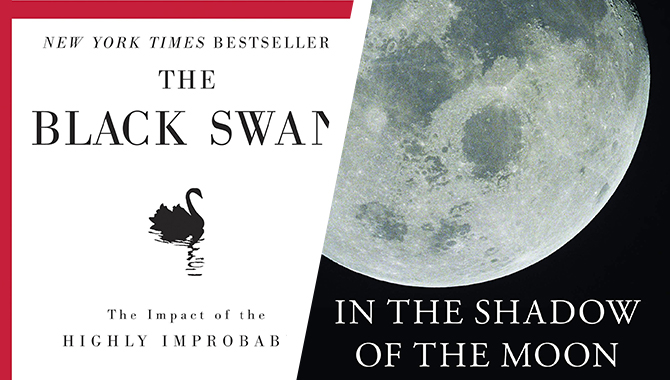
By Pat Simpkins, Alan Littlefield, and Larry Schultz For the designers of a new launch vehicle, reducing mass is a major goal and seems an absolute good—the lower the mass, the less energy needed to put a spacecraft in orbit.

By Pat Simpkins, Alan Littlefield, and Larry Schultz For the designers of a new launch vehicle, reducing mass is a major goal and seems an absolute good—the lower the mass, the less energy needed to put a spacecraft in orbit.
By Charles Tucker An idea had been percolating in Dave Lengyel’s mind for some time: how to integrate risk management (RM) and knowledge management (KM) to create a better risk-management approach for the Exploration Systems Mission Directorate (ESMD).
Successfully sharing knowledge is complicated. To acquire knowledge, you have to have some idea of what you need to know, find a good source for that knowledge, figure out how the people (or documents) offering that knowledge understand the concepts involved, and work out how the knowledge applies to your own activities.

NASA in the News NASA recently launched a Web site that contains survey responses collected from 25,762 air carrier pilots and 4,777 general aviation pilots as part of the NASA National Aviation Operational Monitoring Service (NAOMS) project, which ran from April 2001 through December 2004.

Here are descriptions of two books that we believe will interest ASK readers.
By Ed Hoffman I love movies. What does that have to do with ASK and NASA? My love of movies recently led me to purchase a DVD set called A Personal Journey with Martin Scorsese Through American Movies.
By Larry Prusak One of the defining features of society and the economy at the beginning of the twenty-first century is the plummeting cost of working with information.
Don Cohen, Managing Editor The success of complex project work depends on good communication. That’s such an obvious truth, it may hardly seem worth mentioning: if the many people building a spacecraft or pursuing some other ambitious goal can’t understand one another and coordinate their efforts, the project will fail.
By Dr. Ralf Müller Analyzing extensive questionnaires completed by 400 project management professionals, Professor Rodney Turner of the Lille Graduate School of Management and I have identified competencies that contribute significantly to project management success.